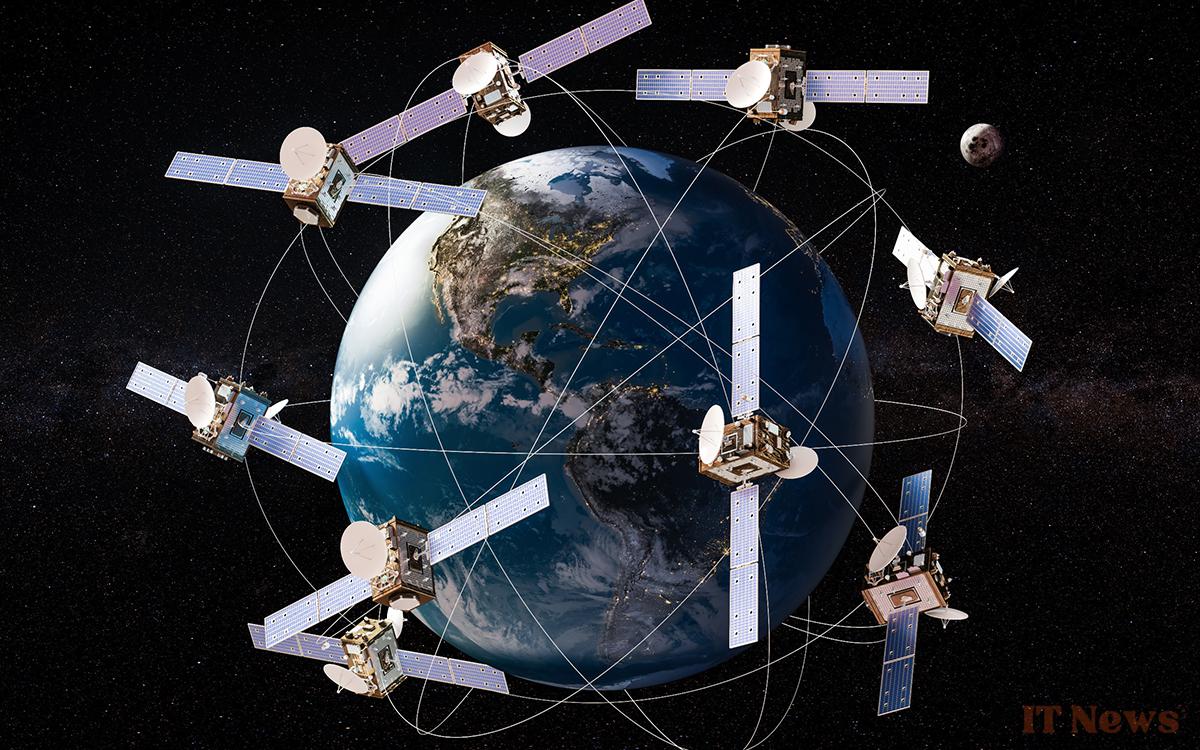What if tomorrow, your GPS sent you off course because of space debris? ESA warns: Earth's orbit is on the verge of a traffic jam... and the consequences will affect us all.
In a powerful documentary, the European Space Agency (ESA) issues an unequivocal warning: orbital debris now threatens our daily lives. Between chain collisions and orbital saturation, the disaster scenario is nothing short of science fiction.
With more than 100 million fragments hurtling at 35,000 km/h, space resembles a minefield. In 2024, 10,200 active satellites populate the sky, and there will be 100,000 by 2030. As a result, maneuvers to avoid collisions have doubled in ten years. "One in two satellites launched today could threaten a crucial mission tomorrow," insists the ESA. As a reminder, the European Space Agency wants to launch a mission to Mars as early as 2035.
Read also – Nuclear-powered spacecraft are no longer science fiction, they are coming soon
A race against time in space
The risks are not just theoretical. GPS, banking transactions, weather forecasts: all depend on vulnerable satellites. A major collision could paralyze these services in turn. “Imagine a world without air navigation or time synchronization for markets… This is our future if we don't react," warns the documentary.
To limit the damage, the ESA imposes strict rules: deorbit satellites within 5 years of their retirement, empty their tanks to avoid explosions. The agency is also pushing for an "orbital capacity," limiting the number of devices per zone, like cosmic parking spaces.
Read also: Space junk can crash into your living room at any time, proof in pictures
But time is running out. Despite clean-up projects (nets, harpoons, etc.), startups can't keep up with the frenetic pace of launches. "Each new rocket makes the problem worse," laments one expert. The solution? Global awareness... before orbit becomes a sieve. If you want a better overview of the scale of the problem, you can watch the documentary in its entirety. with the video below.




0 Comments